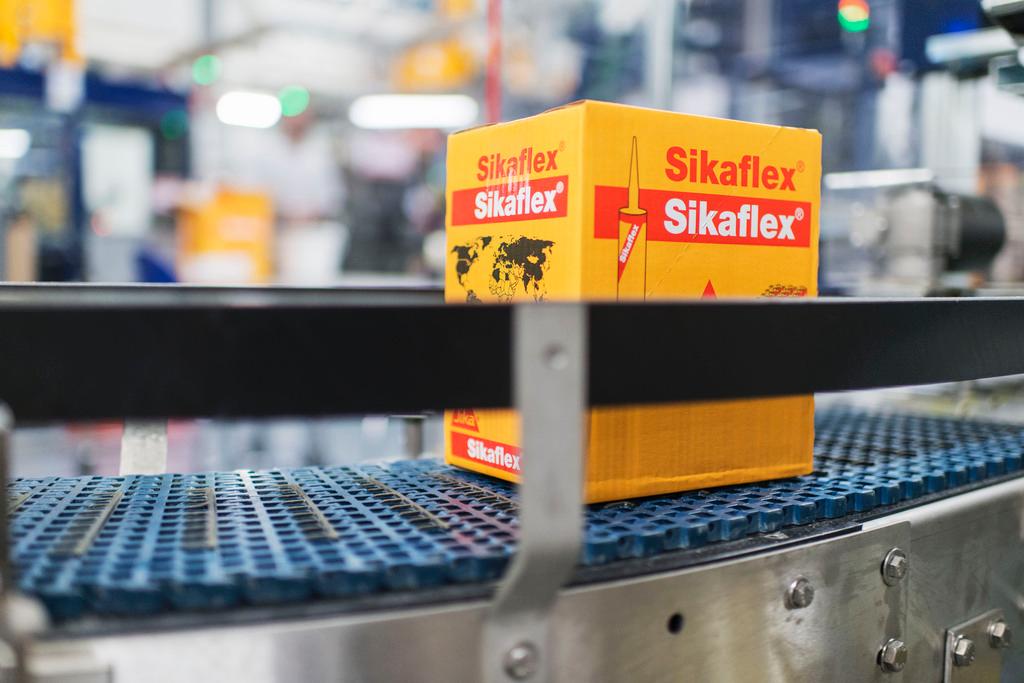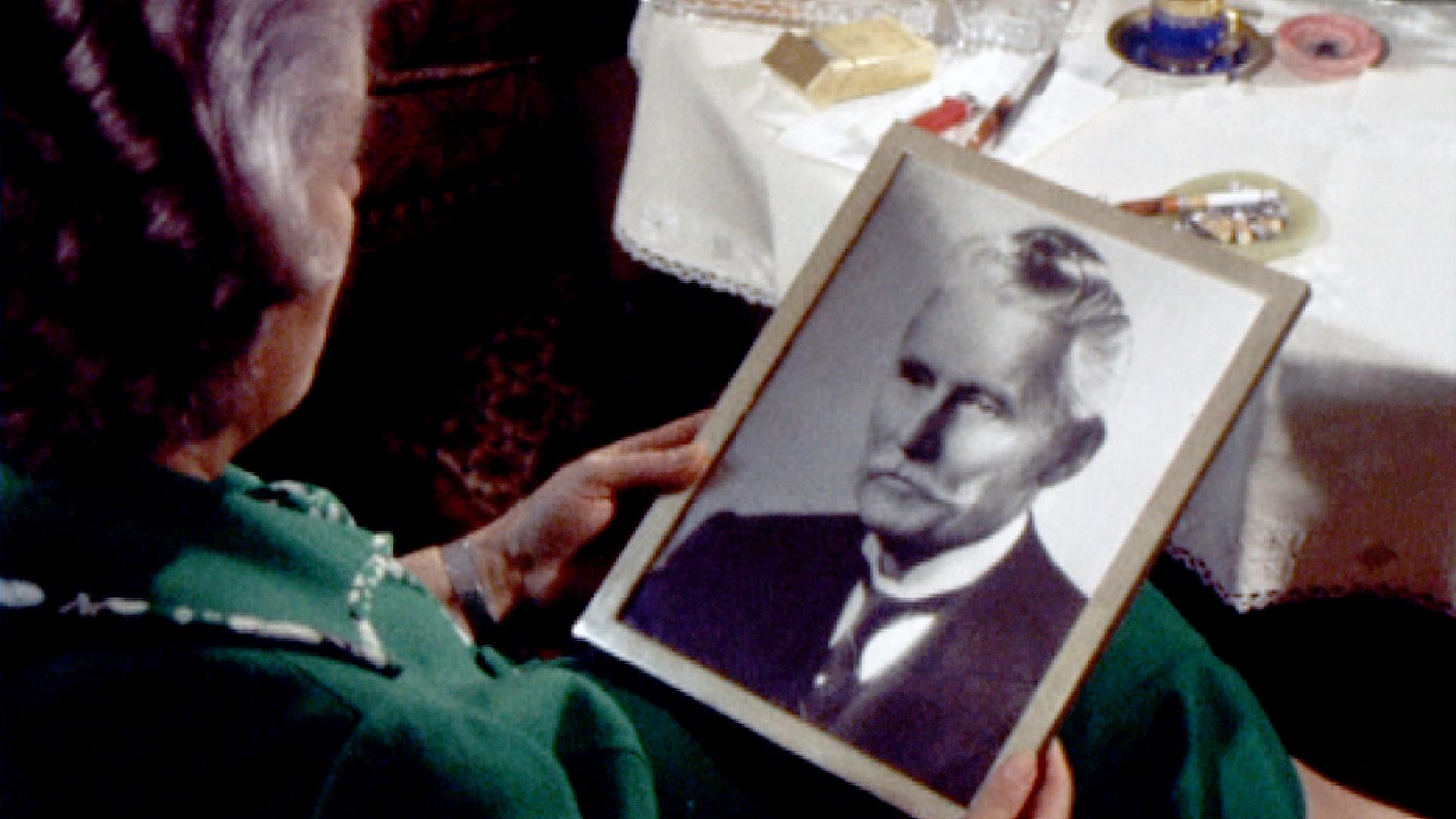
Stage set for Sika shareholder showdown

The target is Swiss chemical maker Sika. The plot contains more twists than a John Grisham novel. The cast includes Bill Gates. The date is April 14: an annual general meeting in which warring shareholders will battle for the company’s soul.
Shareholders will not vote directly on the proposed sale of Burkard family shares to Saint-Gobain, but they could make decisions that could hinder the deal. However, votes cast at the AGM could be legally challenged and later quashed.
swissinfo.ch charts the convoluted progress (so far) of one of the most controversial takeover bids in Swiss corporate history, which has involved the courts, the Swiss Takeover Board and now the country’s financial regulator.
What’s the controversy?
In December last year, the Burkard family, descendants of Sika’s founder, made the shock announcement that they would sell their 16.1% stake in the company to French industrial conglomerate Saint-Gobain. They took the decision without consulting other shareholders or even the company’s board.
In the blue corner sit five members of the Burkard family who own 16% of Sika, but 52% of the company’s voting rights (reduced to a maximum of 5% at least temporarily by Sika). They have sold these shares to Schenker-Winkler Holding (SWH), a holding company that acts on behalf of the family members. The French industrial group Saint-Gobain wants to buy these shares.
In the red corner: the majority of the Sika board and management who oppose the sale. They are joined by other shareholding groups, Ethos Foundation, the Bill & Melinda Gates Foundation, Cascade Investments, Threadneedle and Fidelity.
The Burkard stake, held on behalf of the family by Schenker-Winkler Holding (SWH), comes with preferential voting rights that command 52.4% of all votes in the company. This is why Saint-Gobain were prepared to pay such a premium price of CHF2.75 billion ($2.85 billion) – some 80% above market value of ordinary shares.
Normally, a buyer would have to offer the same price to all shareholders if they obtain more than a third of a company’s voting rights. But Swiss law allows some firms to sidestep this requirement with an opting out clause in their articles of association. Sika has such an opt-out clause.
What’s at stake during the Sika AGM?
Deciding the composition of the board of directors is bound to generate heated debate. SWH has proposed Max Roesle as chairman, who is more amenable to the Saint-Gobain sale than the incumbent Paul Hälg. The current Sika management has recommended that shareholders reject SWH’s candidate, and in addition, Hälg will only stand for a further term as chairman if certain other board members are retained by shareholders.
And that’s just for starters. The Ethos Foundation that holds shares on behalf of various pension funds, has tabled a proposal at the AGM to strike out the company’s opt-out clause.
Furthermore, the Bill & Melinda Gates Foundation, together with big shareholders Fidelity and Threadneedle, want shareholders to approve a ‘Special Expert Committee’ that would “review and investigate the business conduct of the Sika group”, particularly that which relates to SWH and Saint-Gobain.
Don’t the Burkards, with their majority vote, hold all the trump cards?
Not necessarily. Sika’s management, together with other large shareholders (including the Bill & Melinda Gates Foundation) have been fighting tooth and nail against the proposed sale.
In January, Sika’s board declared that the Burkhards had lost their privileged voting status because they had joined forces with Saint-Gobain. It restricted their vote to a maximum 5% at the AGM and vetoed their right to call an extraordinary general meeting (EGM).
SWH headed to a court in Zug (the company is based in this canton) to challenge the ruling, but met with little joy. The court said there was no need for an EGM because the AGM was just around the corner. In addition, the court upheld the voting restriction imposed by Sika’s management.
The Burkards piled all of their shares into SWH in an attempt to nullify an argument that they have formed an alliance with Saint-Gobain. SWH appealed to the Zug high court to give it full voting rights at the AGM but the appeal was rejected on April 7.
It is now for the Sika board to decide which items on the agenda the voting restrictions will apply to at the AGM.
So advantage swings to those who oppose the takeover?
Not so fast. According to Daniel Daeniker, a takeover law specialist at the Zurich-based Homburger practice, the Zug court ruled more on technical points relating to the AGM than the wider issue of the proposed share sale.
This leaves open several important legal points. If the AGM votes to remove the opt-out clause, for example, it might take another court ruling to determine whether this action came too late to affect the Burkard-Saint-Gobain deal.
Furthermore, SWH asked the Swiss Takeover Board for a ruling on its right to invoke the opt-out clause during the sale of the Burkard shares – and this time they received a favourable verdict on April 1.

More
Sika’s 100 year history
Of course, nothing is straightforward in this case. The Bill & Melinda Gates Foundation Trust, along with their investment advisor Cascade Investments, have appealed the Takeover Board decision to Switzerland’s financial regulator – the Swiss Financial Market Supervisory Authority (FINMA).
“What makes the final outcome of the transaction difficult to foretell is that the Zug court in a summary proceeding has ruled in favour of the current Sika board, while the Takeover Board decision has gone in favour of the Burkard family; and both bodies only ruled on parts of the issues at hand,” Daeniker said.
“Had they both favoured one side, it would have been easier to guess who will ultimately hold sway in the dispute. Also, given the narrow scope of the rulings, both bodies to a certain degree have kicked the can further down the road.”
Where will everyone stand after the AGM?
Knee deep in a legal quagmire. Only time will tell who is standing on firmer ground. We still have to see what FINMA has to say about the opt-out clause whilst it is also possible that the Swiss stock exchange (SIX) could wade into the fray if it seems that company regulations have been infringed.
The SIX group has not issued any statement so far, but they say that does not necessarily mean they are not looking into the matter. As a rule, SIX only communicates official investigations into suspect wrongdoing, not preliminary checks.
But the main action will probably take place in the courtroom starting with potential legal challenges to decisions taken at the AGM. Legal experts estimate that the whole process could take months or even years to complete.
And there might be even further legal repercussions with the Swiss media reporting that SWH has complained to FINMA that Sika may have unfairly influenced share prices with its communications on court decisions. Furthermore, it is reported that SWH could sue Sika’s management for losses incurred if the deal with Saint-Gobain falls through.
And what of the proposed Burkard family sale to Saint-Gobain?
That is also up in the air. On April 7, Saint-Gobain said they would extend their offer for the Burkard shares until at least June 30, 2016. According to the terms of the deal, the transaction would be called off if the shares do not come with 52% of the voting rights or Saint-Gobain has to offer the same terms to all shareholders.
It has been widely speculated in the media that opponents of the Saint-Gobain takeover will attempt to spin out their arguments in the courts for as long as possible to convince the French firm to simply give up.

In compliance with the JTI standards
More: SWI swissinfo.ch certified by the Journalism Trust Initiative































You can find an overview of ongoing debates with our journalists here . Please join us!
If you want to start a conversation about a topic raised in this article or want to report factual errors, email us at english@swissinfo.ch.